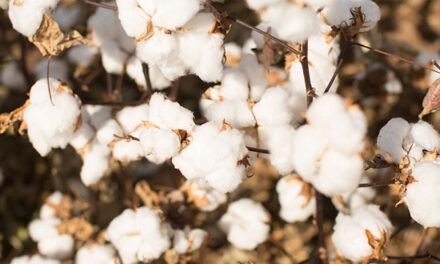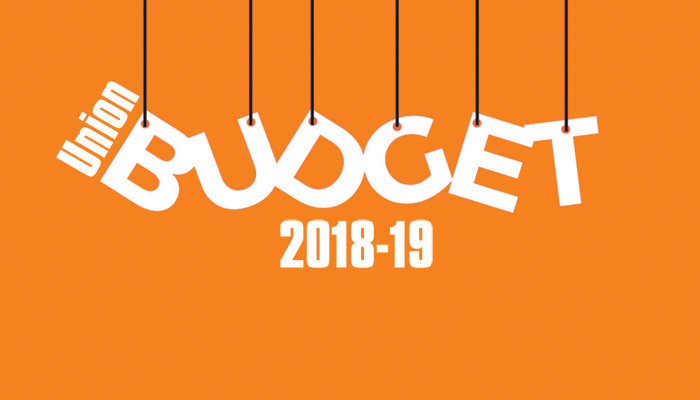
The Interim Budget 2019-20 presented by Finance Minister Piyush Goyal recently will give major impetus to the textile and apparel consumption by increasing the purchasing power of middle class and farmers. The announcement of Rs. 6,000 per annum to the Small and Marginal farmers and increasing the Income Tax exemption limit from Rs. 2.5 lakh to Rs. 5 lakh to the individuals, monthly pension to unorganised sector workers have highlighted the commitments of the present government to improve the overall socio-economic condition of the country.
The Budget reduces the total outlay for the textile sector from the revised estimate of Rs. 6,943.26 cr to Rs. 5,831.48 cr. For A-TUFS, the Budget allocation has been steeply decreased from Rs. 2,300 cr to Rs. 700 cr. As last year only about 30 per cent of the Budget could be used due to low disbursements.
The industry has also suggested provision of adequate funds to clear the long pending Technology Upgradation Funds Scheme (TUFS) subsidies of committed liabilities of over 9,000 cases as per the recommendations made by the office of the textile commissioner.
Besides, the Budget for ROSL has also been reduced significantly which is a cause of great worry to the industry as this could lead to working capital blockages and delay in ROSL receipts. However, the announcement of 2 per cent interest subvention for micro, small and medium enterprises (MSMEs) loans with a ticket size of Rs. 1 cr has given a big thrust to MSMEs to boost employment and economic growth. The relaxation for MSMEs on funding and interest rates will benefit 80 per cent of the textiles and clothing industry.
The Budgetary allocation for procurement of cotton by CCI under Price Support Scheme has been increased from Rs. 924 cr to Rs. 2,018 cr. This move of the government to doubling the income of the farmers is well appreciated by the industry.
Meanwhile, Indian gross domestic product (GDP) growth is likely to fasten to 7.2 per cent in 2018-19 and to 7.3 per cent in 2019-20, according to CRISIL, which recently projected a substantial rise in retail inflation to 4.5 per cent in 2019-20. The 7.3 per cent growth assessment assumes normal rainfall, lower oil prices and a stable political outcome in general elections. I strongly believe that all such favourable policy measures and positive economic trends will help the industry to achieve its target.








